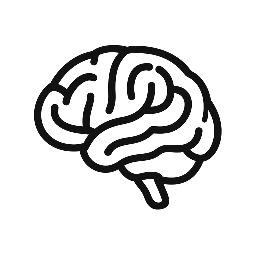
Emotional recovery is a vital process for individuals who have experienced trauma, loss, or significant stress. While self-help strategies can be beneficial, seeking professional help often provides the structured support needed for effective healing. Here are the key steps towards emotional recovery through professional help:
- Acknowledging the Need for Help
The first step is recognising that emotional pain requires attention and that professional guidance can facilitate recovery. This acknowledgement is crucial for breaking through denial and starting the healing journey. - Finding the Right Professional
Choosing a qualified mental health professional, such as a psychologist, psychiatrist or therapist, is essential. Consider their credentials, specialities, and approach to therapy to ensure a good fit for your needs. - Initial Assessment and Goal Setting
The professional will assess your emotional state, history, and challenges during the first sessions. Together, you will set realistic and achievable goals for your recovery. - Engaging in Therapy
Therapeutic methods may include cognitive-behavioural therapy (CBT), dialectical behaviour therapy (DBT), psychodynamic therapy, or other modalities tailored to your situation. Consistent participation and openness are key to making progress. - Developing Coping Strategies
Professional guidance helps you develop healthy coping mechanisms to manage stress, anxiety, and other challenging emotions. These strategies empower you to handle future challenges more effectively. - Monitoring Progress and Adjusting Treatment
Regular sessions allow the professional to monitor your progress and adjust treatment plans. This flexibility ensures that therapy continues to meet your evolving needs. - Building a Support Network
Professionals often encourage building a support system of friends, family, or support groups to reinforce recovery efforts and provide additional emotional resources. - Maintenance and Relapse Prevention
Emotional recovery is an ongoing process. Professionals can teach relapse prevention techniques and maintenance strategies to sustain emotional well-being over time.
Conclusion
Seeking professional help for emotional recovery is a courageous and constructive step towards healing. By following these steps and working collaboratively with a qualified mental health professional, individuals can regain emotional stability, improve their quality of life, and build resilience for the future.


Leave a Reply